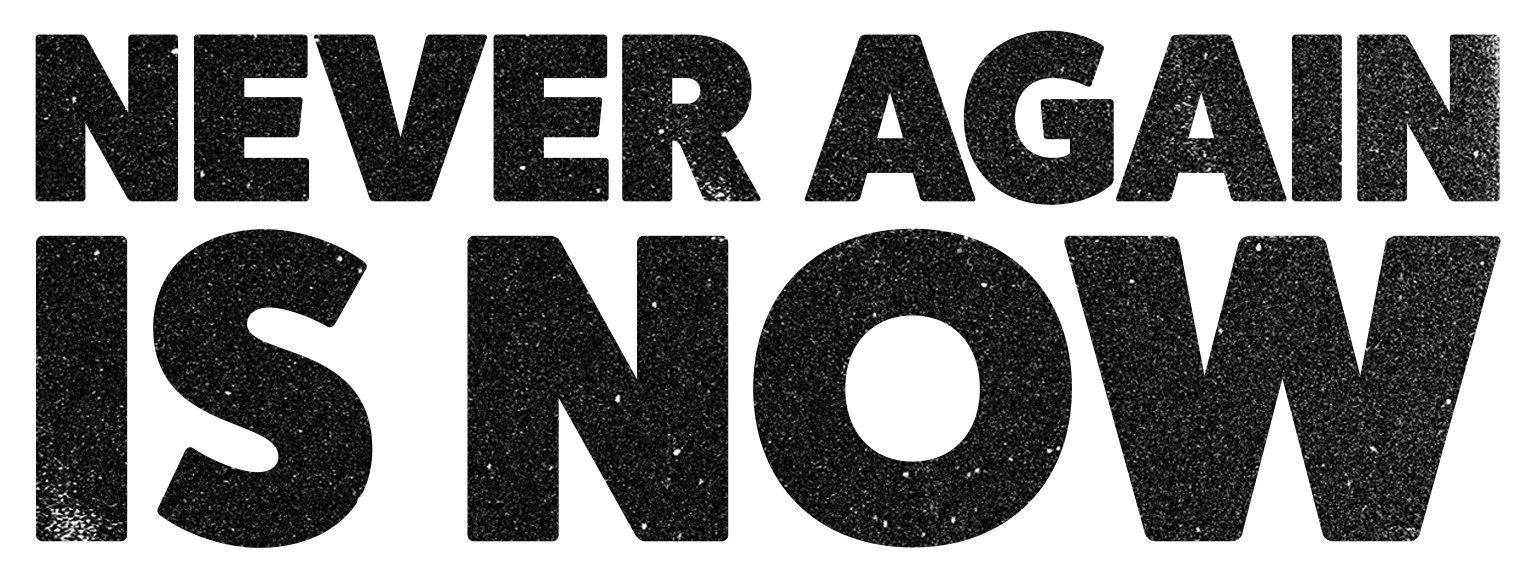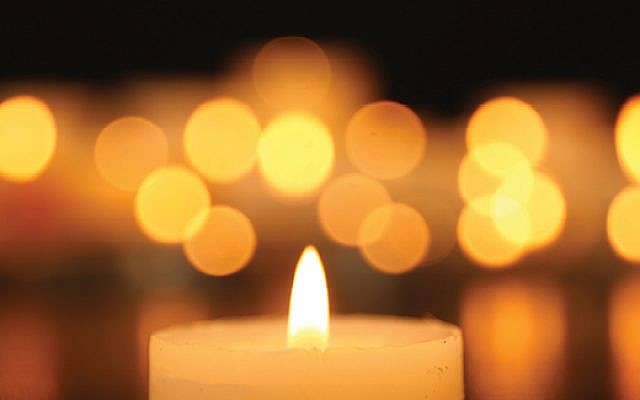Every year, a week after Passover, Jewish communities and other individuals around the world observe Yom Hashoah, a day of remembrance of the Holocaust. In Israel there is a state ceremony at Yad Vashem, Israel’s Holocaust Memorial museum, where the President and the Prime-Minister speak and the flag is lowered to half-mast. Around the world Jewish communities gather to light six candles for the 6 million Jews who perished, read their names, and recite prayers of mourning.
This year, on April 20-21, we will do this from our homes. The survivors of the Holocaust, who now all are of old age, will be alone with their memories. And if they live in a senior home, they will be surrounded by death from the virus.
Millions of people around the world are living in quarantine, separated from family and friends and without much fresh air. Others are staying at home with their parents and siblings, in families that are not always harmonious.
The parents of my partner and my own parents were Holocaust survivors. They passed away a few years ago at a high age. When we got locked down in our home last month we said to each other: thank God our parents are not alive anymore and don’t have to go through this.
We grew up with their stories of being inside for years during of the Holocaust, hiding as Jews from the Nazi’s who were persecuting them. Stepping outside was too dangerous. The Nazi’s would discover them and murder them in a gas chamber. In those times the enemy was not invisible, the victims were.
Now that I am in a ‘stay at home’ situation myself, I opened my father’s diary that he wrote during the Holocaust while he was in hiding. And for the first time I could identify with what he experienced. On August 12, 1942 he wrote:
“The rain beats against the window and the wind howls around the house. Well, I don’t really care, I am inside all day anyway. And if it would have been warmer weather, the temperature under the roof, at my little attic, might have become uncomfortably hot. All I can see of the area is what I see through my little triangle shape window. I can’t see much, but what I see is beautiful, a typical Dutch landscape. Especially now that the rain has stopped for a moment and the sun shines through the clouds, I can see a bit further. I see beautiful yards with the specific vegetation of this region. It is such a beautiful view, these yards each with a different color scheme, varying from light to dark green, all varieties and here and there the red-brownish color of beech trees or a bright red roof of a single home or farm. Very far away, really small, I see a bridge over one of our main rivers, and a bit closer, but still really small, a Dutch windmill, its wings turning mirthfully. And above all this the imposing, impending clouds in the sky. As if the sky is angry at humanity, who is abusive to this gorgeous nature. It is like an imposing fist is raised from above, heavy cumulus clouds with their white thunder heads, and still here and there some blue sky, bright, luminous and clear, like a symbol given to us by nature. Do not despair, behind every dark cloud the sun will shine again.”
Through the corona crisis I recognize how joyful and comforting nature is when I make my daily walks in the neighborhood, and when I look at the blooming plants in my backyard.
During the Holocaust, as now, hiding was better than falling in the hands of the enemy. But it wasn’t easy. The fear, the loneliness, the aimlessness, the lack of space and fresh air, the tensions with others in the home. Nobody described it as well as Anne Frank did in her diary:
“Believe me, if you are locked up for one and a half years, there are days it is too much. In spite of all the justice or gratitude; feelings don’t let themselves be suppressed. Riding the bicycle, dancing, whistling, looking into the world, feeling young, knowing I’m free: I’m longing so much for it and yet I cannot show it. Because, think of it, if all eight of us [at the Annex] would start complaining or showing discontent, where would that lead us? I sometimes ask myself: ‘would anybody understand me in this, disregard Jew or non-Jew, just see in me the adolescent, who feels like having elated fun?’ I don’t know, and I wouldn’t be able to discuss it with anyone, because I know I would start crying. Crying can be such a relief.”
This year around the world we are trying to save ourselves from what happened to millions of people during the Holocaust: death from suffocation. That is what happened to the millions of innocent, beautiful men, women and children who breathed the poisonous gas the Nazi’s sprayed into the gas chambers where the Nazi’s had herded them into.
We have already lost far too many precious lives to the coronavirus. The global number of dead people has passed 100,000. Like with the Holocaust we woke up too slowly to the threat, didn’t take it seriously enough at first.
We must stop corona now, before the numbers further escalate. Thank goodness that we have many more means to fight the virus then we had back then to stop the Holocaust. There are so many things each of us can do to protect ourselves and others.
This year at Yom Hashoah we will remember the dead of the Holocaust more than in any previous year. We will find a way to support the Holocaust survivors. And we will let ourselves be inspired by them to overcome our current crisis.


A beautifully written tribute to your father, Anne Frank and the victims of the Holocaust.
This is so beautiful Evelyn, an incredibly moving story. Thank you for sharing that segment from your father’s diary. Just beautiful.
https://waterfallmagazine.com
Greetings! Very useful advice in this particular article!
It is the little changes which will make the biggest changes.
Thanks a lot for sharing!